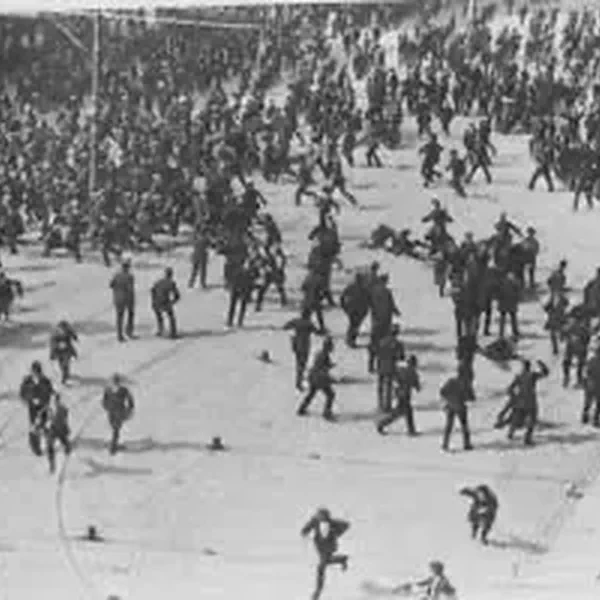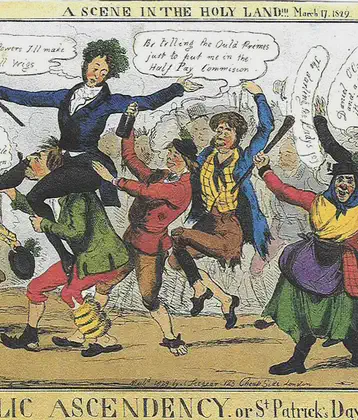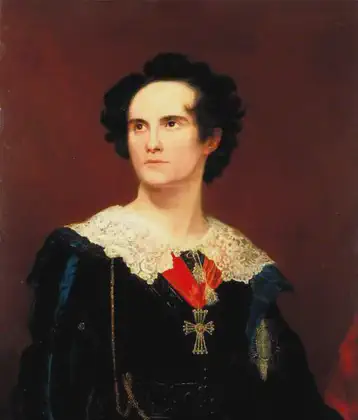On January 18, 1913 in Celtic History
The irish transport and general workers union strike ends

The Irish Transport and General Workers’ Union (ITGWU) strike, also known as the Dublin Lockout, was a major labor dispute that occurred in 1913 in Dublin, Ireland. The strike came to an end in early 1914, not 1913. The dispute began when employers in Dublin, led by William Martin Murphy, attempted to suppress the ITGWU, which was one of the largest and most influential trade unions in Ireland at the time.
The strike was a prolonged and bitter conflict, with workers demanding better pay and working conditions. Thousands of workers were involved in the strike, which included general laborers, transport workers, and other industries. The strike resulted in severe hardships for the striking workers and their families, as they faced loss of income and often dire living conditions.
The strike came to an end in early 1914, primarily due to a combination of factors, including financial difficulties faced by the workers and the influence of sympathetic employers. The end of the lockout did not bring immediate improvements in labor conditions, but it was a significant moment in the history of the labor movement in Ireland and contributed to the eventual formation of the Irish Labour Party.
More From This Day







